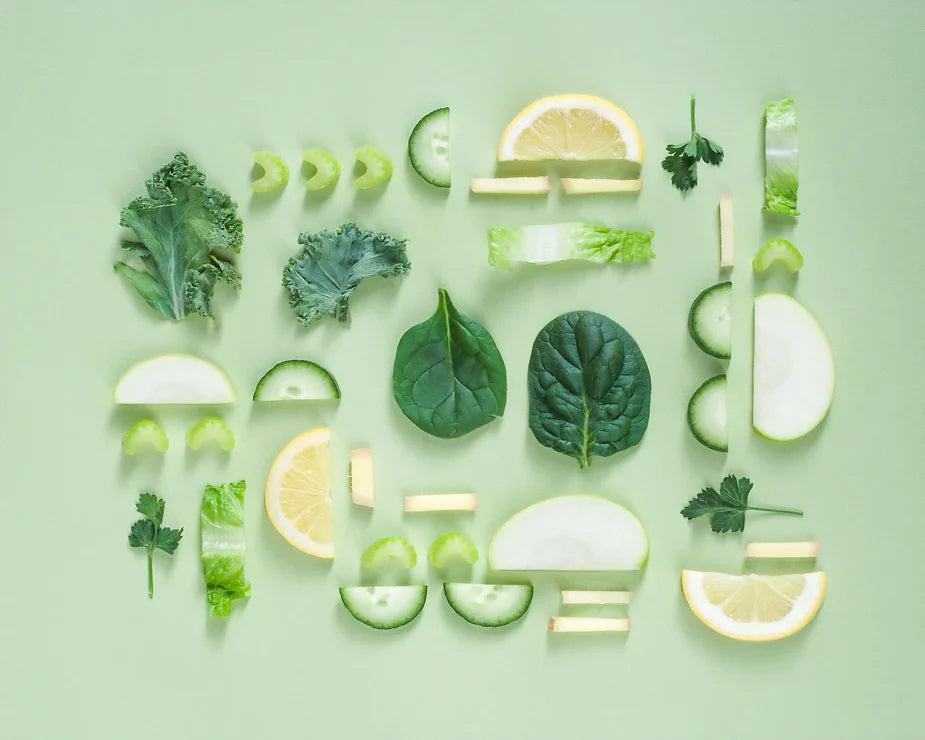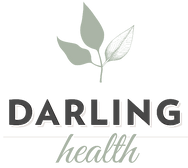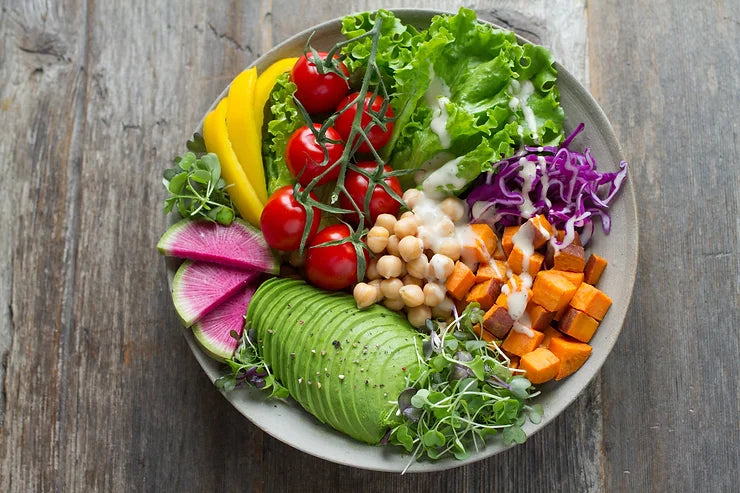
Greens, Greens, Greens!
With February now in full-swing, most of us are craving a refresh and a reboot. One way you can fast track detoxification from the holiday excesses is by opting for a more alkaline diet. We know that there are all types of diets out there, but disease-risk, inflammation and longevity can be helped when we remember to include alkaline foods and drinks. Research has found that the inclusion of more alkaline foods may reduce the risk of chronic diseases and symptoms such as hypertension, diabetes, arthritis, pain and low bone density. Alkaline diets have been shown to reduce plaque formation in blood vessels, prevent kidney stones, reduce muscle wastage, and promote bone strength and density.
How do alkaline diets work?
Diets consisting of highly alkaline foods– fresh vegetables and herbs, fruits and unprocessed plant sources of protein will result in a more alkaline urinary pH level, which helps protect healthy cells, detoxification systems such as the kidney, skin and lymphatics, and balance essential mineral levels.
What foods may promote acidity ?
- High-sodium foods
- Too much meat (especially from non – grass fed sources)
- Caffeinated drinks and alcohol
- Too many wheat products, processed cereals and packaged grain-based products
- Milk and dairy products: Calcium-rich dairy products conversely can be implicated in osteoporosis because too much dairy can create acidity in the body!
- Peanuts
- Artificial sweeteners, food colourings and preservatives
Additionally, factors such as chronic stress, lack of and over exercise, low levels of fibre in the diet, poor chewing and shallow breathing all can contribute to increased acidosis in our blood stream.
What is an alkaline diet?
It is a diet that focusses on increasing plant-based whole foods that have positive effects on the pH levels of blood and urine. Increasing foods such as kale, spinach, alfalfa, wheat grass, barley grass, watercress, Asian greens, avocado, mint, coriander, blueberries, tofu, sea salt, spirulina, broccoli, cucumber, watermelon, bananas, celery, lemon, limes, legumes, pumpkin, cherries, sweet potato and filtered water can all help to alkalise our diet.
Increasing exercise, saunas, sweating, cold therapy, swimming, cold showers, and dry brushing can all help boost our lymphatic system to minimise acidity. The health benefits of an alkaline diet are plentiful, and can include better heart health, stronger bones, decreased pain, help losing weight and reversal of nutrient deficiencies. To follow an alkaline eating plan, include plenty of whole vegetables, fruits and herbs, raw foods, green juices, beans, sprouts, and nuts, and always consider grass-fed and organic sources of animal protein. Some great daily habits you can easily adopt today include adding a shot of greens powder, chlorophyll, lemon or lime juice to your filtered water!
Written by Amanda Haberecht



